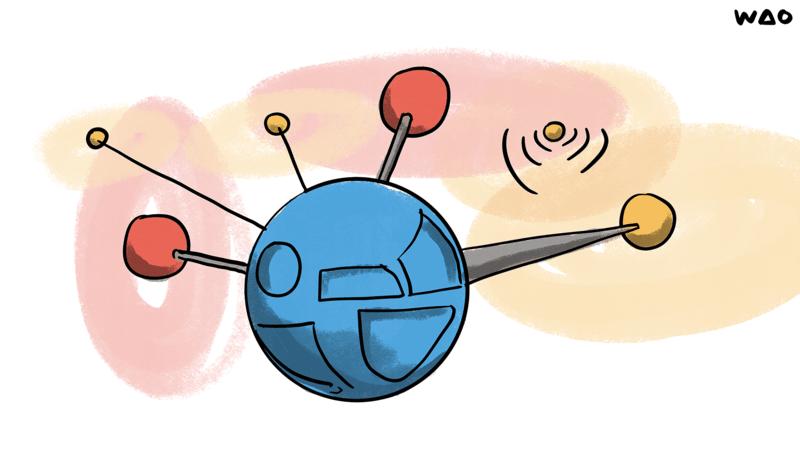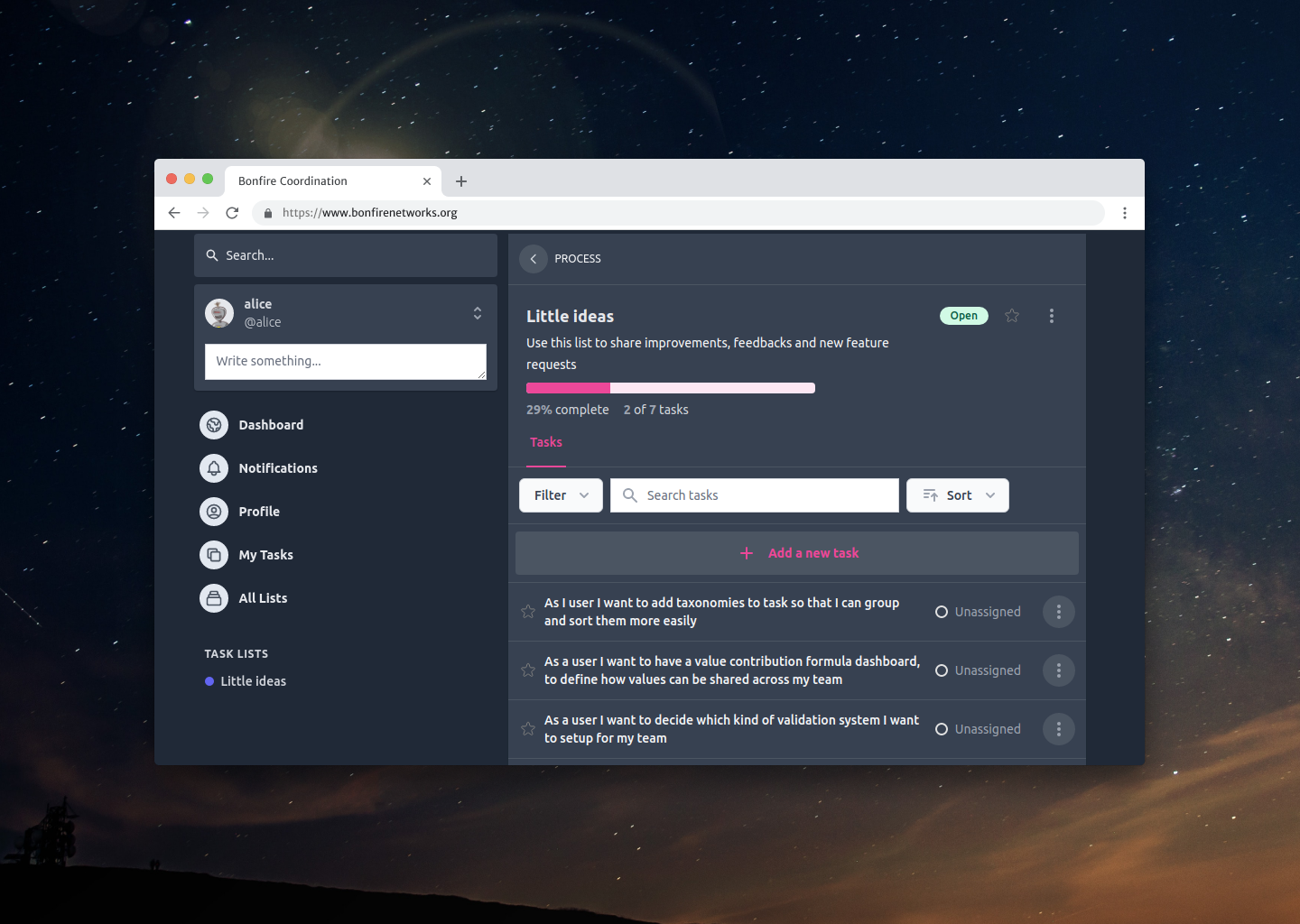Last year, my wiki went down at dougbelshaw.com/wiki. For reasons too boring to go into, I was unable to resurrect it. This made me sad, particularly because there was some stuff on there that didn’t exist anywhere else.
After a brief period of mourning, I got on with my life. Noel De Martin, however, decided to do some digging via the Wayback Machine, and found several pages, which I’m copying-and-pasting to my blog for posterity.
What follows is a snapshot of my ‘Collaboration style’ page from October 2016.
This page is influenced by Peter Drucker’s excellent short book Managing Oneself and the section of Gwern Branwen’s website on his own collaboration style. Although slightly tangential, I’ve also always found Buster Benson’s Codex Vitae a useful thing to return to on occasion.
Right now, I’m 35. I was in formal education for 27 of those years, and had an employer for 11 of them. I’m now a consultant and everything I do is what comes under the broad umbrella of ‘knowledge work’:
Knowledge workers have high degrees of expertise, education, or experience, and the primary purpose of their jobs involves the creation, distribution or application of knowledge. (Thomas Davenport, Thinking For a Living
The problem is that this means that it’s difficult to know how to fit into the big picture. Here’s how Peter Drucker puts it:
[M]ost people, especially highly gifted people, do not really know where they belong until they are well past their mid-twenties. By that time, however, they should know the answers to the three questions: What are my strengths? How do I perform? and, What are my values? And then they can and should decide where they belong.
[…] [K]nowing the answer to these questions enables a person to say to an opportunity, an offer, or an assignment, “Yes, I will do that. But this is the way I should be doing it. This is the way it should be structured. This is the way the relationships should be. These are the kind of results you should expect from me, and in this time frame, because this is who I am.” (Peter Drucker, Managing Oneself)
In other words, you should always be on the front foot. Don’t accept other people’s expectations, but (as Socrates exhorted) we should know ourselves well enough to be able to accept or reject work based on introspection.
The person who has learned that he or she does not perform well in a big organization should have learned to say no to a position in one. The person who has learned that he or she is not a decision maker should have learned to say no to a decision-making assignment. (Peter Drucker, Managing Oneself)
Using these two examples as an initial lens, I do enjoy taking decisions when I feel like there’s been a proper process leading to that point. I certainly do not enjoy working within large organisations. I dislike hierarchy and bureaucracy intensely. I’m also quite different in terms of emotional make-up at different times of the year. As an ambivert, I find that the more extroverted side of my personality comes out between the spring and autumnal equinoxes, and for the other half of the year I’m more on the introverted side. I guess this can be frustrating for people who assume (or expect) consistency.
Elsewhere, Drucker mentions that another important question to ask oneself is, “Do I perform well under stress, or do I need a highly structured and predictable environment? I find this a false binary. While I don’t appreciate arbitrary deadlines (usually a function of an oppressive hierarchy) I structure my own fairly predictable environment. However, I mix this up by frequent flights into serendipity in both my reading and travel, as well as taking fallow days where I’m purposefully ‘unproductive’. These ‘Doug days’ as I’ve come to call them, are the reason I strive to work a four-day week.
Even people who understand the importance of taking responsibility for relationships often do not communicate sufficiently with their associates. They are afraid of being thought presumptuous or inquisitive or stupid. They are wrong. Whenever someone goes to his or her associates and says, “This is what I am good at. This is how I work. These are my values. This is the contribution I plan to concentrate on and the results I should be expected to deliver,” the response is always, “This is most helpful. But why didn’t you tell me earlier?” (Peter Drucker, Managing Oneself)
I’m strong on values and don’t like them compromised. I set great store by my logical approach, although I do try to temper that with empathy. The thing that I cannot stand more than anything in co-workers (and, indeed, my children) is when it’s obvious that the other person isn’t trying their best. There’s always cases where there’s genuine reasons for soft-peddling, but most of the time I expect people to bring their A-game.
My contribution to projects is often to problematise (assumed) simplicity, or to do the reverse – to simplify the complex. In this, I bring to bear my undergraduate philosophical training, as well as my postgraduate studies around ambiguity and metaphor. I find that we as humans think primarily through metaphor, even when we don’t realise, and don’t realise that there are different types of ambiguity.
Knowledge workers in particular have to learn to ask a question that has not been asked before: What should my contribution be? To answer it, they must address three distinct elements: What does the situation require? Given my strengths, my way of performing, and my values, how can I make the greatest contribution to what needs to be done? And finally, What results have to be achieved to make a difference? (Peter Drucker, Managing Oneself)
The difficulty in working in a field like edtech is that (as I argued in a recent post) it’s not really a coherent field or discipline. As such, it’s difficult to see where the boundaries are, and therefore what needs to be done. I suppose I bumble along as best I can using my knowledge and skills, but I certainly think there’s many of us who would benefit from adding scaffold around us.


